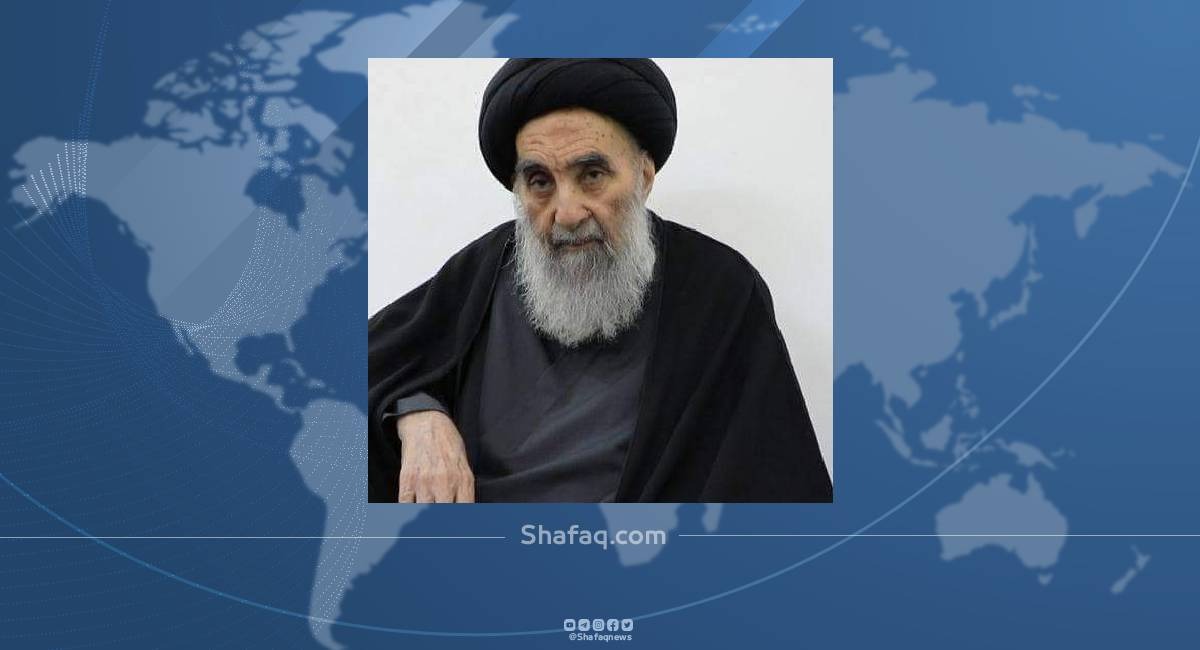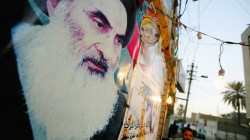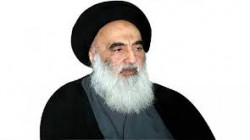Al-Sistani urges vigilance against corruption

Shafaq News / In a powerful address delivered at the Al-Sadiqin Poetry Festival in Lebanon, Hamed Al-Khafaf, representative of the esteemed religious authority, Grand Ayatollah Ali Al-Sistani, underscored the imperative of combating corruption and upholding the sanctity of the law. Al-Khafaf emphasized that corruption, in all its forms – economic, moral, religious, administrative, legal, and social – has historically been the bane of nations, leading to their downfall.
During his speech, Al-Khafaf highlighted the pivotal role of economic and financial corruption, describing it as the root cause of various other forms of corruption. He lamented the lack of effective implementation of contemporary laws designed to combat corruption, pointing out that concepts such as financial transparency and accountability, although enshrined in legislation, often remain unapplied, leaving them as ink on paper in most countries.
Al-Khafaf asserted that corruption knows no religious, sectarian, or ethnic boundaries. He vehemently condemned the exploitation of religion, sect, and nationalism by corrupt individuals to advance their nefarious agendas or evade justice. He pointed out the danger of national identity eroding in the face of rampant corruption, where the nation becomes a homeland for the corrupt rather than its rightful citizens.
Quoting Grand Ayatollah Al-Sistani, Al-Khafaf reiterated the religious leader's consistent call for the vigorous fight against corruption. He emphasized the necessity of distinguishing between the righteous and the corrupt, urging citizens to elect officials committed to serving the people and combating corruption. Al-Sistani unequivocally warned against legislating laws that bestow undeserved privileges or facilitate corruption, considering such legislation as one of the gravest forms of corruption itself.
Al-Khafaf stressed that the fight against corruption is the highest priority for the supreme religious authority in Najaf, serving as the fundamental criterion for evaluating the performance of officials, regardless of their rank or claimed affiliation. He emphasized that actions, not empty words, are the true measure of commitment, highlighting the resolute stance of the religious leadership in advocating for social justice and addressing the concerns, pains, and hopes of the people.

